Top AI Tools for Logo and Brand Design in 2025
December 9, 2024

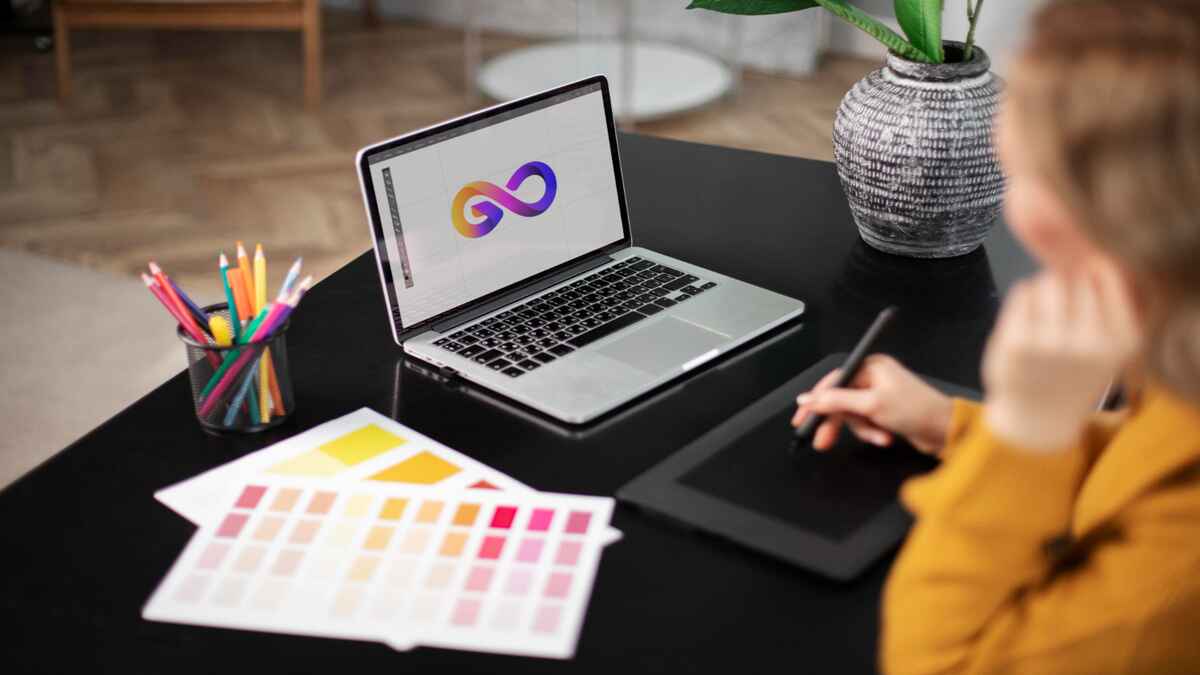
Artificial Intelligence (AI) is rapidly transforming various industries, and the design world is no exception. One area where AI is making significant strides is logo and brand design. By leveraging advanced algorithms and machine learning, AI-powered tools are revolutionizing how designers create visually stunning and impactful brand identities. From automated design generation to data-driven insights, AI empowers designers to achieve new levels of creativity and efficiency. Businesses can create a strong visual identity that resonates with their target audience by utilizing AI Tools for Logo and Brand Design. Furthermore, by integrating voice cloning tools into their branding strategies, businesses can create unique and memorable brand voices that enhance their brand identity and customer experience.
Artificial Intelligence (AI) is rapidly reshaping the design landscape, particularly in logo and brand identity. AI-powered design tools leverage advanced algorithms to generate creative and visually appealing designs, often surpassing human capabilities in terms of speed and efficiency.
Artificial Intelligence (AI) is reshaping the design landscape, from graphic and product design to architecture and interior design. AI empowers designers to achieve unprecedented efficiency, innovation, and impact by automating tasks, augmenting human creativity, and providing data-driven insights.
AI algorithms can quickly generate multiple design iterations, allowing designers to explore various possibilities in less time.
AI can tailor designs to individual preferences, creating highly customized experiences.
AI ensures consistency across various design elements, maintaining brand identity.
AI can generate unexpected design concepts by combining diverse elements in innovative ways.
AI can identify patterns and trends that inspire groundbreaking design solutions by analyzing vast datasets.
AI can work alongside human designers, providing creative input and stimulating new ideas.
AI automates repetitive tasks like image editing, layout design, and color correction, allowing designers to focus on strategic thinking and creative problem-solving.
AI-powered tools can provide instant feedback on design iterations, accelerating the design process.
AI can optimize resource usage, such as materials and labor, leading to cost savings and sustainability.
AI analyzes user data, market trends, and competitor insights for design decisions.
AI can forecast future design trends, enabling designers to stay ahead of the curve.
AI helps designers create more effective and engaging designs by understanding user behavior and preferences.

Canva offers an easy-to-use design platform with AI-powered tools for creating logos, branding materials, and social media graphics.
Free; Pro starts at $12.99/month.

Looka combines AI with professional design principles to create logos and branding kits.
Logo downloads start at $20; Brand kits start at $4.99/month.
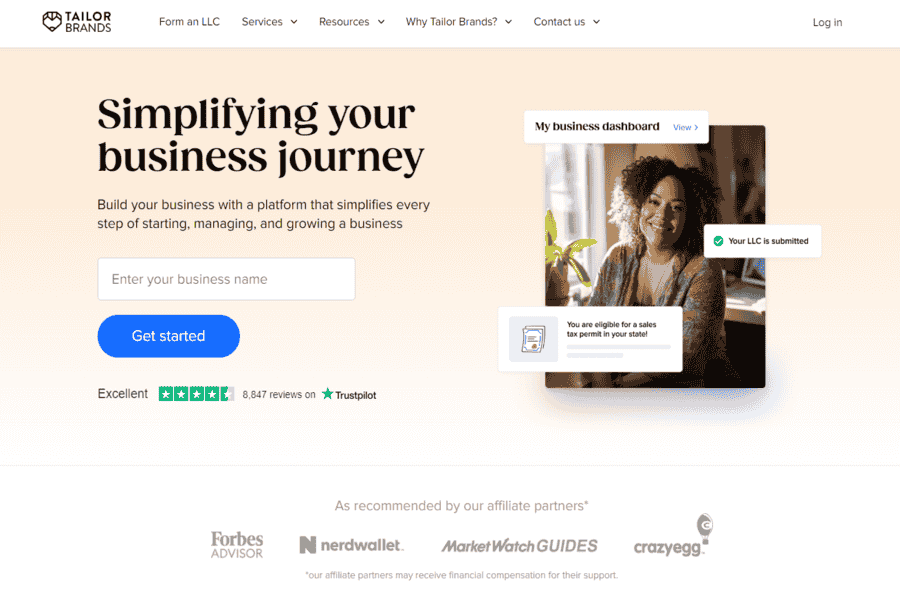
An AI-driven tool that helps businesses create logos and establish a cohesive brand identity.
Starts at $9.99/month.

A free logo design tool with AI-powered features to create professional-quality logos in minutes.
Free: Paid plans start at $24.99.
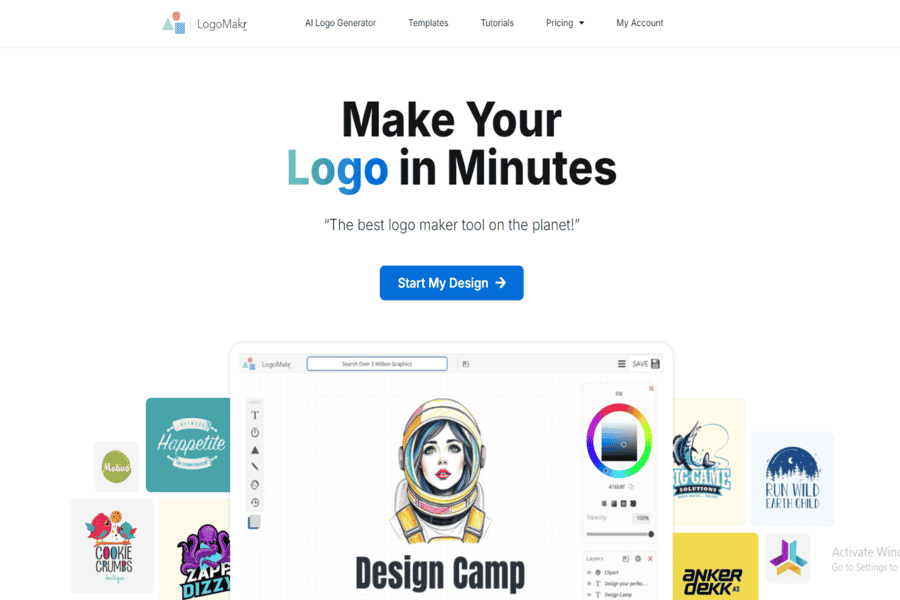
LogoMakr provides a simple yet effective AI-driven interface for creating logos quickly.
Free; High-res logos cost $19.
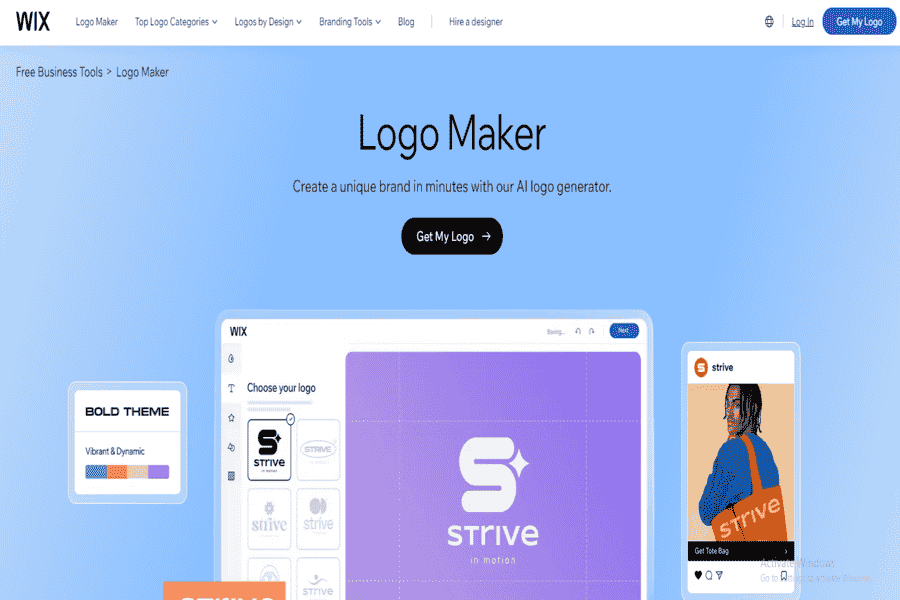
Part of the Wix ecosystem, this AI-based tool helps create logos that can integrate seamlessly with a Wix website.
Logo-only plans start at $20.
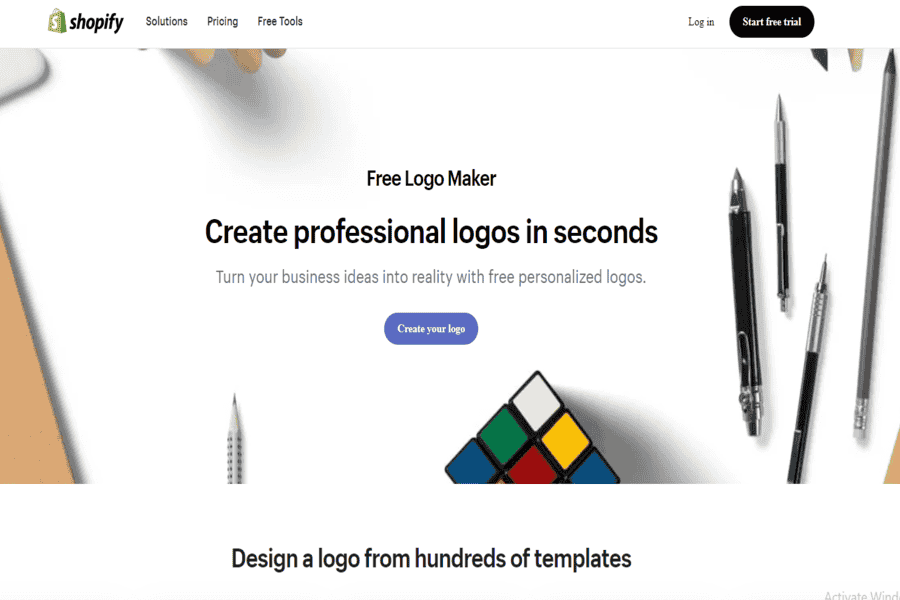
Hatchful is a free logo generator that provides AI-designed logos for small businesses and entrepreneurs.
Free.
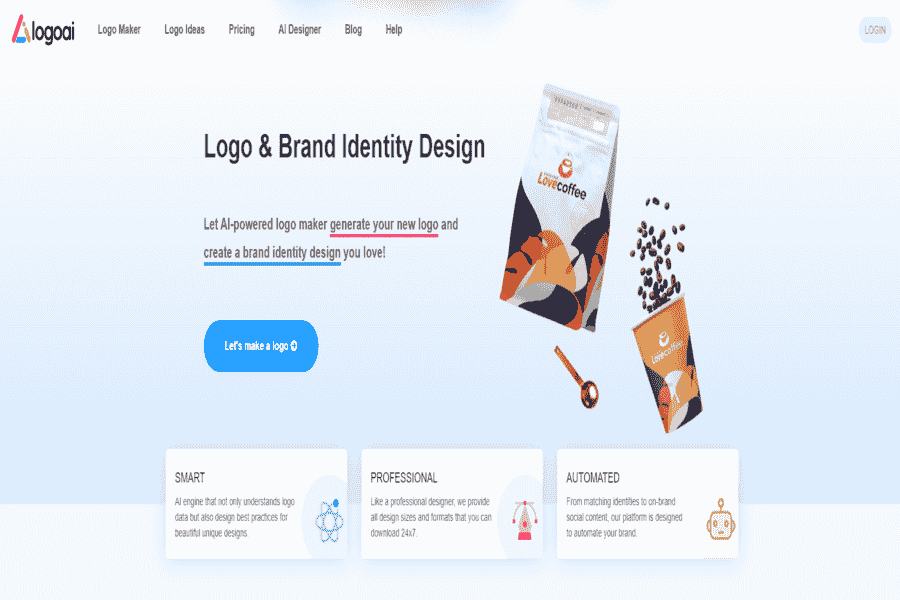
LogoAI uses machine learning to generate professional logos and brand kits.
Logo downloads start at $29.
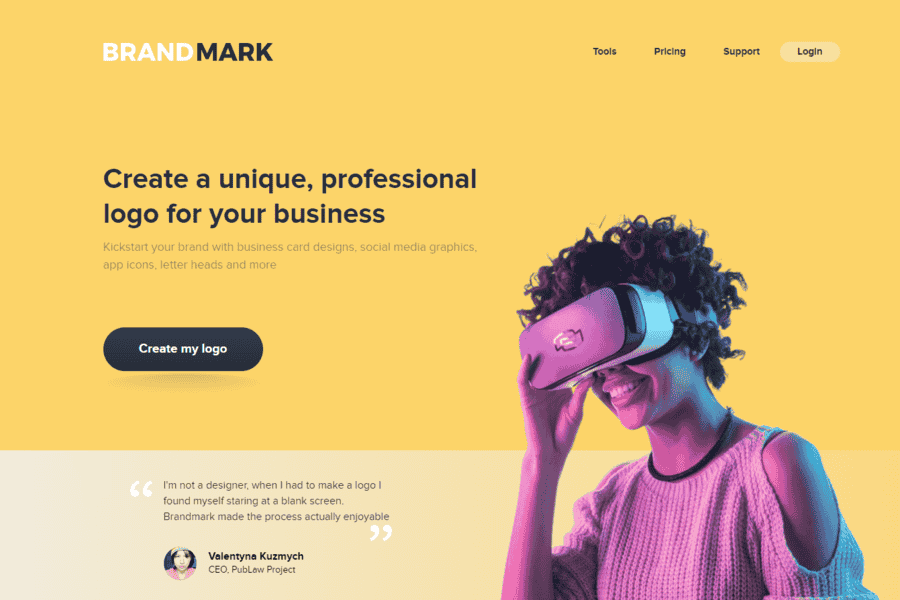
Brandmark uses AI to generate modern logos and branding materials tailored to user input.
Starts at $25.
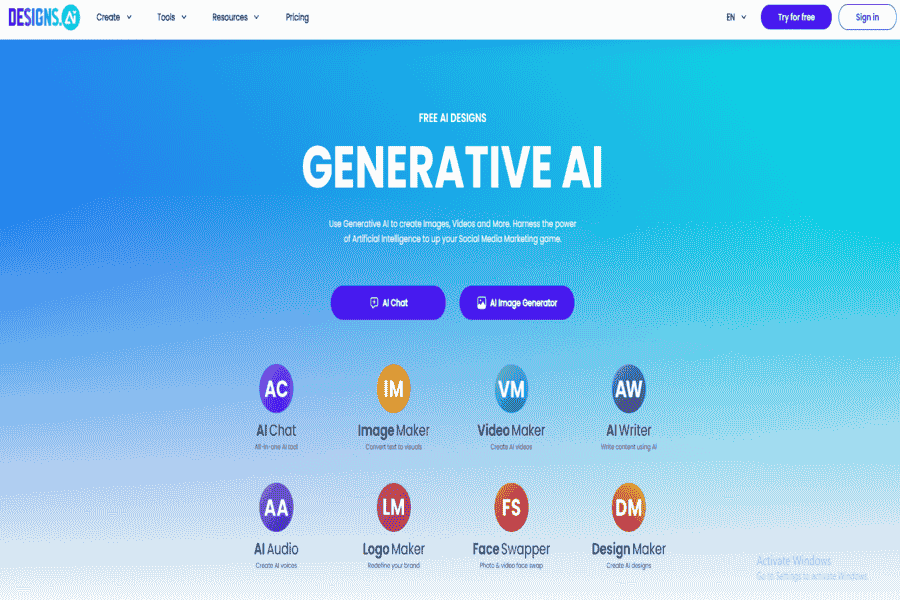
Designs.ai offers an AI-powered logo maker and tools for creating branding assets and marketing materials.
Starts at $29/month.
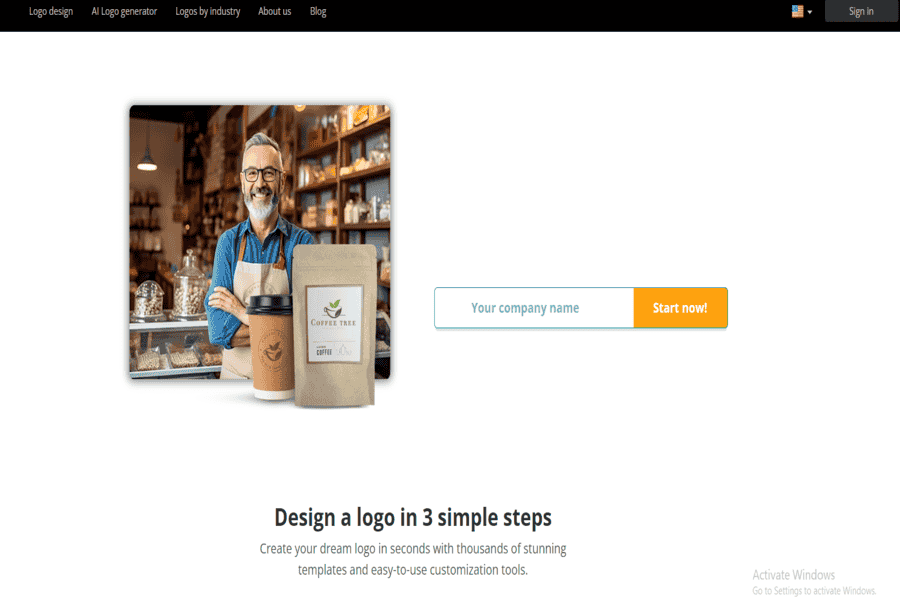
Logo Genie uses AI to generate professional logos and branding materials quickly and easily.
Starts at $24.95 for a logo.
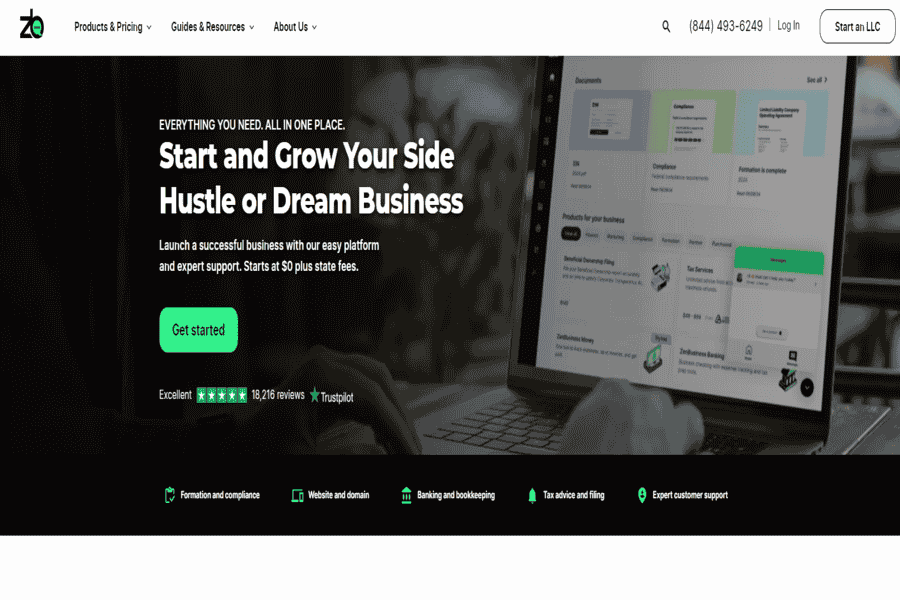
Logaster uses AI to create logos and provide a full suite of branding tools, including business cards, social media assets, and more.
Starts at $9.99 for a logo download.
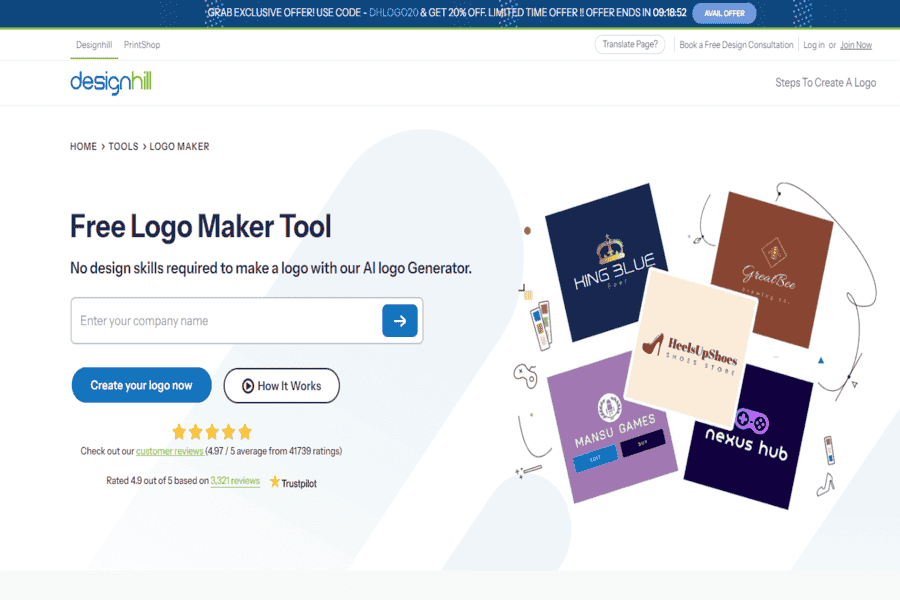
Designhill’s AI-driven logo maker allows users to create high-quality logos in minutes.
Starts at $20 for a logo.
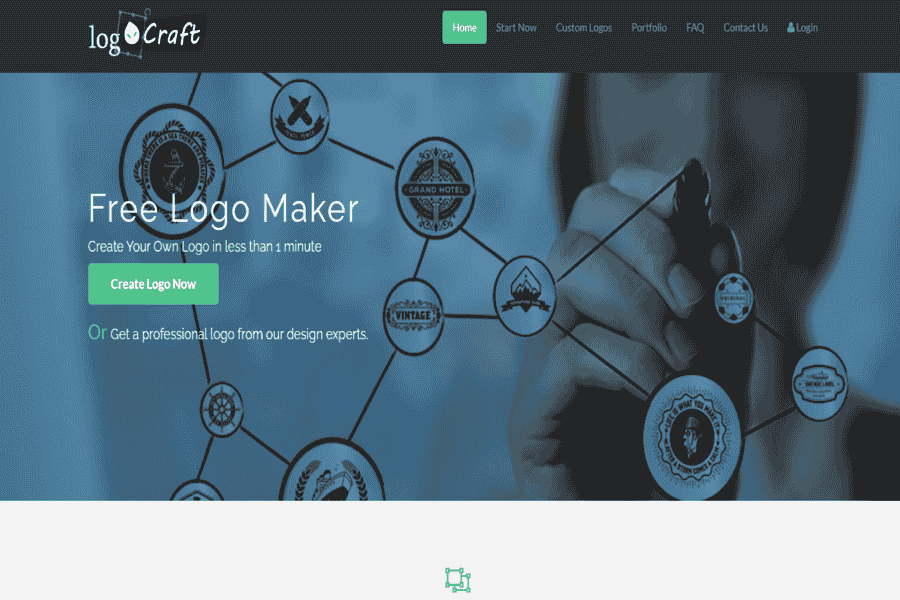
LogoCraft leverages AI to help users create logos tailored to their business needs, emphasizing simplicity and speed.
Free; paid plans start at $19.99 for logo downloads.
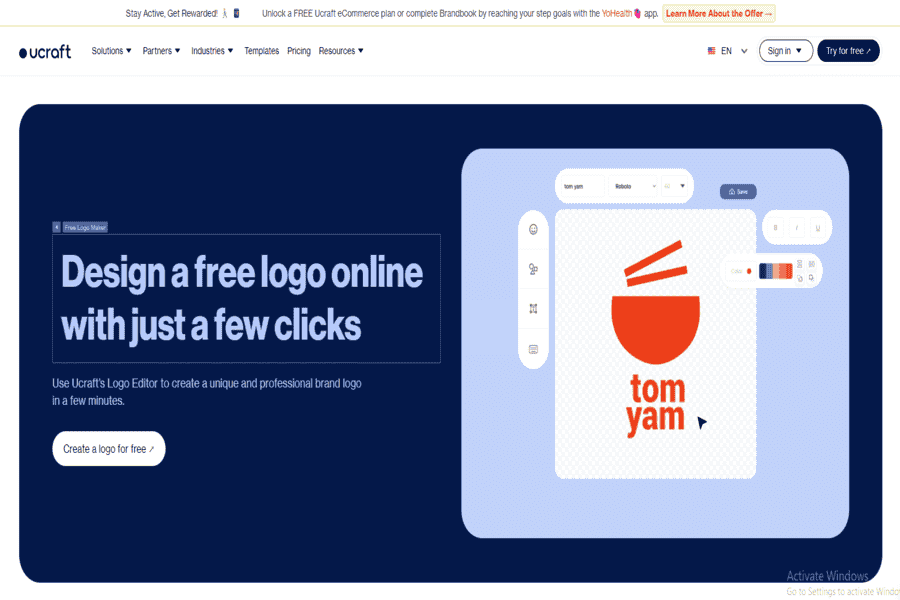
Ucraft offers an AI-powered logo maker tool that allows users to create simple, professional logos and download them for free.
Free for basic logos; $10 for high-res logos.

Renderforest’s free AI Logo Maker is a tool that you can use to create stunning logo designs tailored to your business needs.
Offers a free version with basic features; premium plans are available for advanced functionalities.
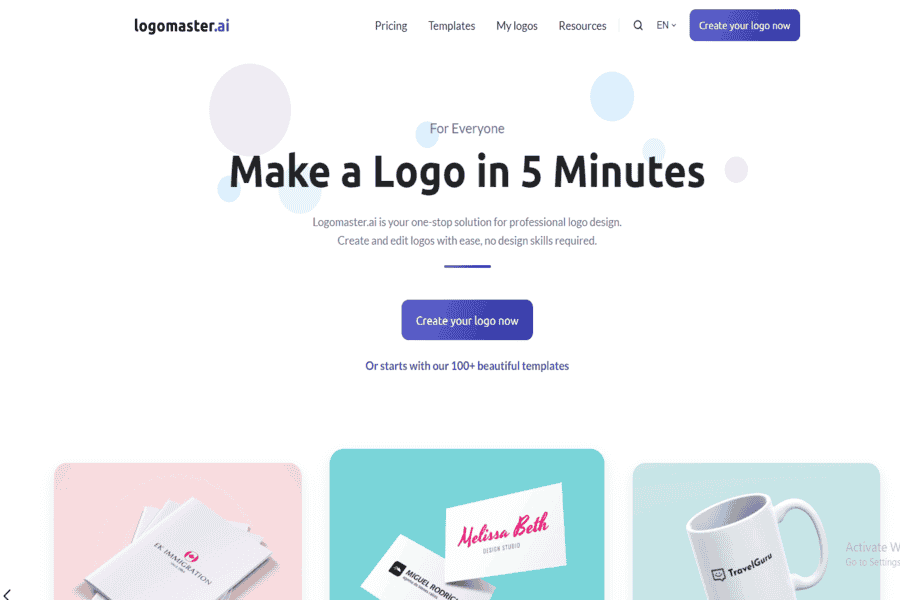
Logomaster.ai is a professional logo design tool that allows users to create and edit logos, requiring no design skills.
Offers a free version with basic features; premium plans are available for advanced functionalities.
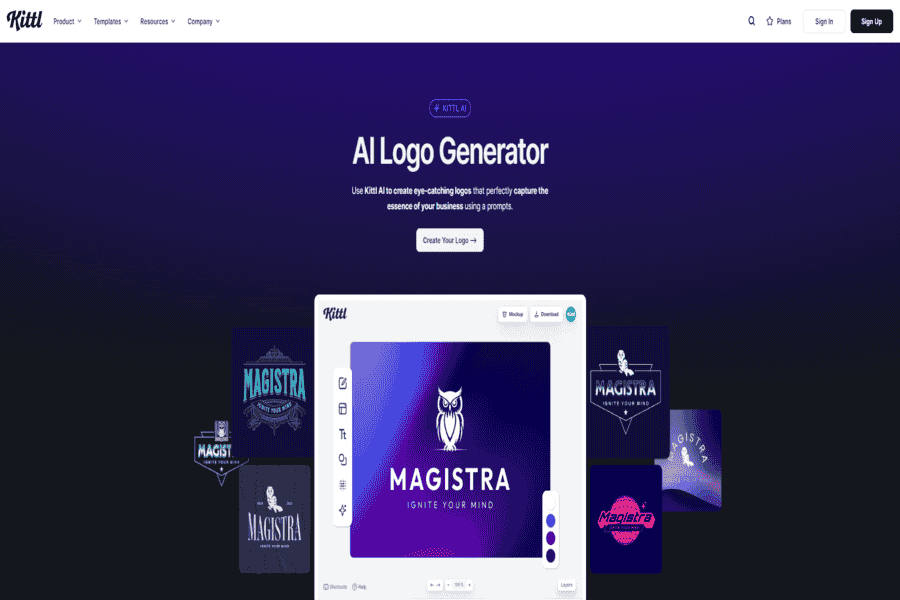
Kittl’s AI logo design generator utilizes artificial intelligence algorithms to create unique and professional logos for individuals and businesses.
Offers a free version with basic features; premium plans are available for advanced functionalities.
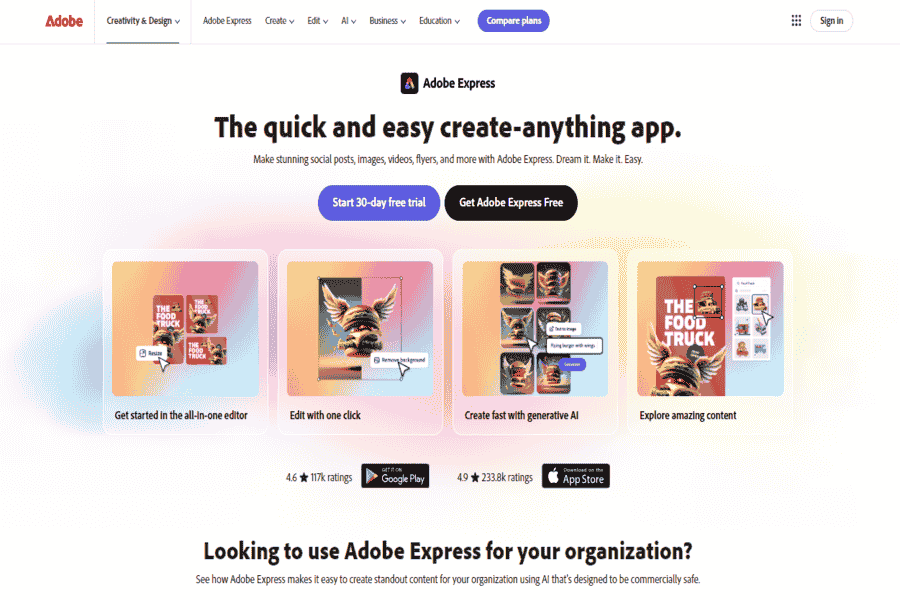
Adobe Express is a cloud-based design platform that enables users to create videos, PDFs, graphics, and other digital assets. It integrates Adobe’s Firefly AI to assist in generating and customizing designs.
Offers a free version with basic features; premium plans start at $10 monthly.
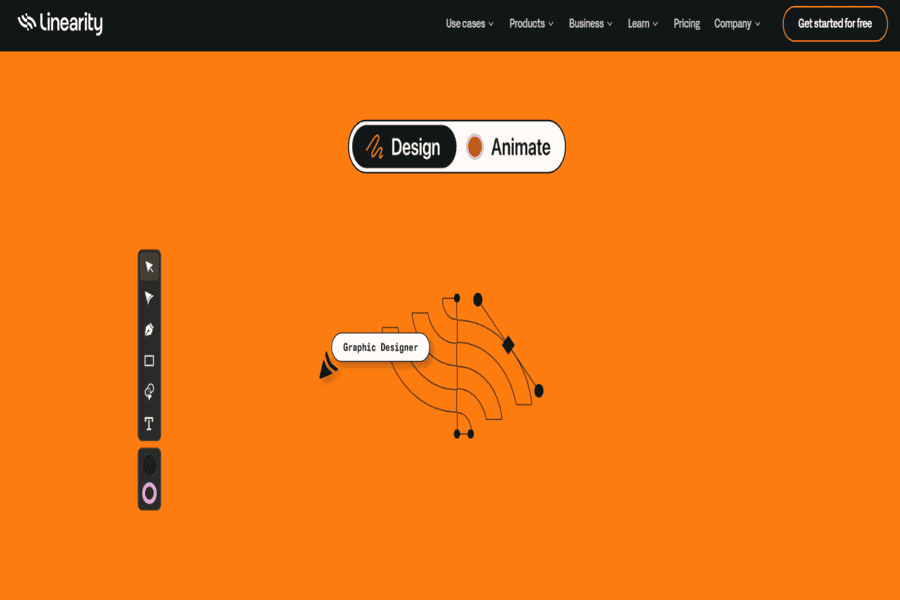
Vectornator is a versatile graphic design tool that leverages AI to assist users in creating professional-grade logos, illustrations, and branding materials. Its robust vector graphic editing features cater to both beginners and professionals.
Free to use with premium features available for advanced users.
Define the fundamental principles that guide your brand.
Identify your ideal customers and their preferences.
Clearly articulate what sets your brand apart from competitors.
Use detailed and specific prompts to guide the AI’s design suggestions.
Provide examples of logos or design styles that you admire.
Continuously refine your prompts based on the AI’s outputs.
Try different color palettes, typography, and layout combinations.
Focus on the details, such as spacing, alignment, and kerning.
Test different design variations to identify the most effective ones.
AI can be used to generate ideas, but it relies on human creativity for strategic decision-making.
Consider cultural sensitivities and symbolism when designing your logo.
Aim to evoke emotions and create a lasting impression with your logo.
Gather feedback from your target audience to assess the logo’s effectiveness.
Evaluate how well the logo functions across different platforms and devices.
Create comprehensive guidelines to ensure consistent brand application.
AI tools eliminate the need to hire professional designers, significantly reducing costs.
AI can provide initial design concepts even with freelancing platforms, saving time and potential revision costs.
AI-powered tools generate multiple design variations in minutes, accelerating the design process.
Quickly iterate on design ideas based on feedback and refine them in real time.
AI can help maintain consistency by generating assets that adhere to established brand guidelines.
Ensures seamless brand application across various platforms (web, print, social media) with consistent visuals.
AI analyzes design trends and consumer preferences to inform design decisions.
Track the performance of different design elements to optimize brand impact.
AI can suggest unexpected design combinations and styles, sparking creativity.
AI-generated concepts can help break through creative roadblocks and inspire new directions.
AI-generated designs may struggle to evoke the same emotional response as human-designed logos, which often incorporate cultural nuances and personal stories.
AI may need to fully grasp the subtle details and nuances that make a logo memorable and impactful.
AI tools relying heavily on templates may produce generic designs that need more uniqueness.
There’s a potential for AI-generated logos to resemble existing designs, raising concerns about originality.
Questions arise about who owns the rights to AI-generated designs, especially when they are based on existing copyrighted material.
AI tools may inadvertently generate designs that infringe on copyrights, leading to legal disputes.
AI algorithms can perpetuate biases in the data they are trained on, potentially leading to discriminatory or offensive designs.
The future of AI in brand design is poised to be transformative, offering a powerful blend of technological innovation and human creativity. Here’s a glimpse into what we can expect:
Advanced AI tools will continue to generate innovative design concepts, from logos and color palettes to intricate illustrations and typography.
AI can streamline design workflows, automating repetitive tasks like image editing and layout adjustments.
AI-driven analytics will provide real-time feedback on design performance, enabling rapid iterations and optimization.
AI can create personalized brand experiences based on individual preferences and behaviors, fostering deeper customer connections.
AI-powered design systems will adapt to different screen sizes, platforms, and contexts, ensuring consistent brand messaging across all channels.
By analyzing consumer data, AI can anticipate future trends and preferences, allowing brands to stay ahead of the curve.
As AI becomes more sophisticated, ethical considerations like bias, transparency, and accountability will become increasingly important.
While AI can generate creative ideas, human designers are essential for strategic thinking, emotional intelligence, and cultural understanding.
The future of brand design lies in a collaborative partnership between AI and human designers, where each complements the other’s strengths.
Avoiding excessive reliance on AI is crucial, as it may lead to a loss of originality and human touch.
As AI relies heavily on data, ensuring data privacy and security will be paramount.
The increasing integration of AI in brand design may necessitate new skills and training for designers.
AI is reshaping the logo and brand design landscape, offering powerful tools to streamline the process and generate creative designs. By understanding the benefits and limitations of AI, designers can effectively leverage these tools to create memorable and impactful brand identities. As AI continues to evolve, embracing its potential while maintaining a human-centered approach to design is essential.
